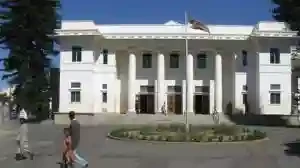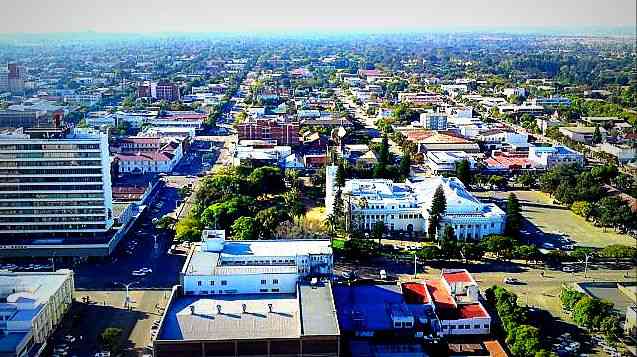Unity Day celebrations have been described as a farce by analysts, who feel the holiday is no longer relevant.
Zimbabwe declared December 22 a national holiday to commemorate the Unity Accord which was entered into in 1987 by two political parties, Zanu PF, then under the leadership of the late former President Robert Mugabe, and PF Zapu which was being led by the late former Vice-President Joshua Nkomo.
It resulted in the two parties merging to form Zanu PF.
Analysts, who spoke to NewsDay yesterday, said the day had become insignificant as it was being celebrated by a government that was not willing to solve the emotive 1980s Gukurahundi issue, and to promote peace and reconciliation.
Zapu leader Sibangilizwe Nkomo, son of the late Vice-President Joshua Nkomo, yesterday told NewsDay: “We only commemorate those who died during Gukurahundi massacres. We don’t celebrate Unity Day.”
Political analyst, Rejoice Ngwenya said: “Ever since the death of Nkomo, there has been a drifting apart, and those aggrieved have been excluded in national programmes.
Keep Reading
- Ziyambi’s Gukurahundi remarks revealing
- Giles Mutsekwa was a tough campaigner
- New law answers exhumations and reburials question in Zim
- Abducted tourists remembered
“President Emmerson Mnangagwa’s government has even refused to apologise over the Gukurahundi issue or to bring the matter into the national agenda, and the people of Matabeleland are not happy.
“So, this means the unity has been disunited; this is why there is an emergence of Zapu as a political entity because the current members said they pulled out of this agreement. So Unity Day is totally irrelevant, it’s a farce now, it’s a unity of the perpetrators, and the aggrieved have been left out of the national agenda.”
Journalist Methuseli Moyo said: “Unity will always be important for any country on any day. The Unity Accord must not be limited to Zanu PF and Zapu, or Mugabe and Nkomo. It must be universalised and immortalised.
African societies are delicate due to tribes and external factors and must, therefore, deliberately make unity one of the key tenants of their values in order to maintain peace and order.”





